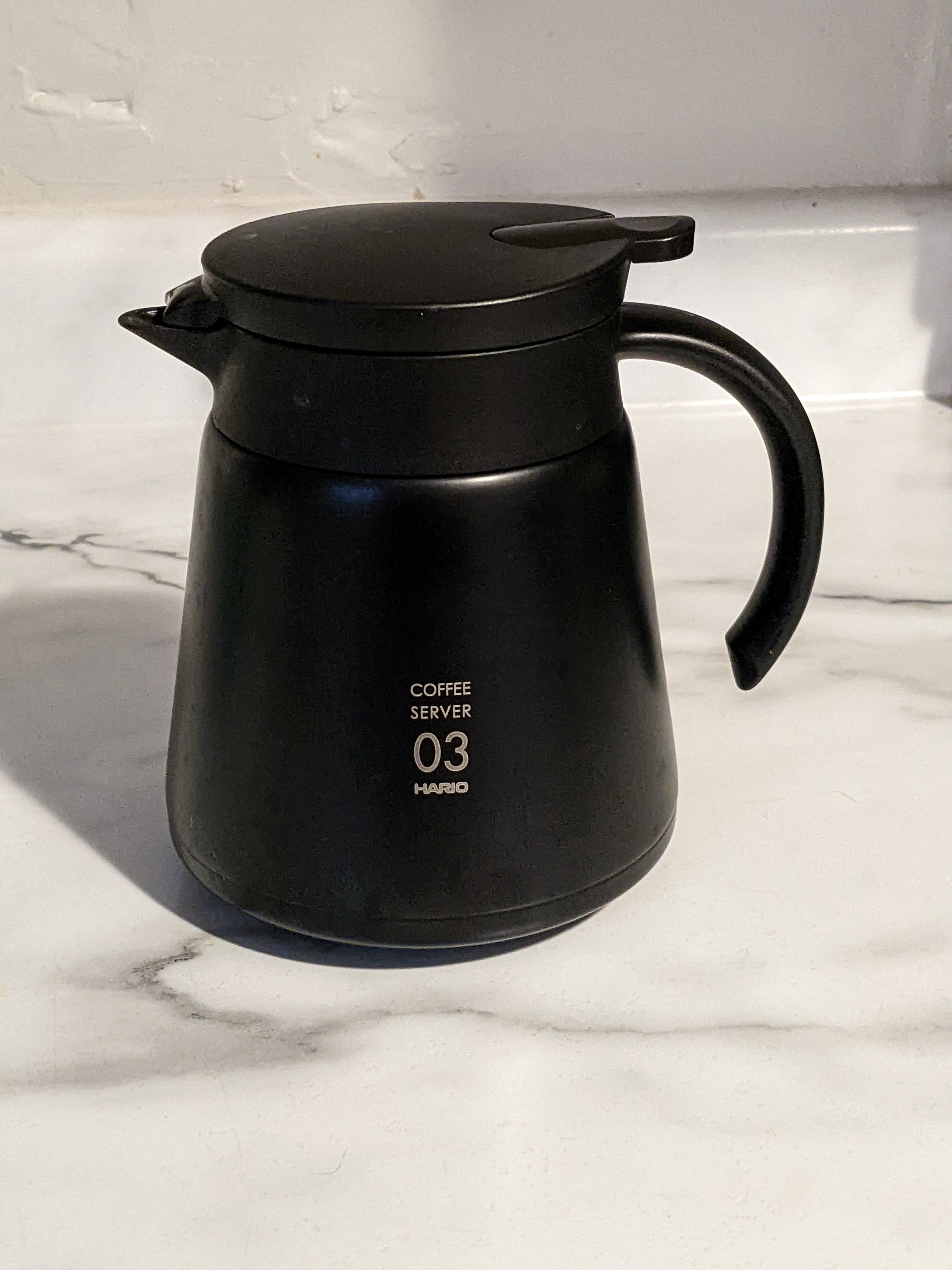No I was being accusatory unfairly. I've updated my post.
rutrum
Glancing through zettlr's website and docs, Im not sure I understand it. Is it just notetaking software, that utilizes pandoc to build professional documents (via pdflatex)? Whats an example use case?
Wow, all in 600 lines of python. Looks great!
How was jumping from windows to NixOS?
It might take a screenshot and keep in memory, and only save to disk after some image processing that detects if there is sensitive data.
Hey OP, how do you follow all these updates? Is it RSS feeds on these projects? You're on top of it this morning.
Flakes are just a mechanism of pinning dependencies to fixed versions. When you run a flake it doesnt matter if you're on 24.05, 24.11, or unstable, it'll produce the exact same output.
Im a monero noob. Can someone explain the need of a ban list? And how it works?
Thats a great solution...Im not interested in learning a new slicer right now!
First off, understanding the different data structure from a high level is mandatory. I would understand the difference between a dataframe, series, and index are. Further, learn how numpy's ndarrays play a role.
From there, unfortunately, I had to learn by doing...or rather struggling. It was one question at a time to stack overflow, like "how to filter on a column in pandas". Maybe in the modern era of LLMs, this part might be easier. And eventually, I learned some patterns and internalized the data structures.
You are correct. For some data sources like parquet it includes some metadata that helps with this, but it's not as robust at databases I dont think. And of course, cvs have no metadata (I guess a header row.)
The actually specification for how to efficiently store tabular data in memory that also permits quick execution of filtering, pivoting, i.e. all the transformations you need...is called apache arrow. It is the backend of polars and is also a non-default backend of pandas. The complexity of the format I'm unfamiliar with.

There's so many useful methods for iterators its worth reading the doc page to familiarize yourself. Its wicked powerful: https://doc.rust-lang.org/std/iter/trait.Iterator.html